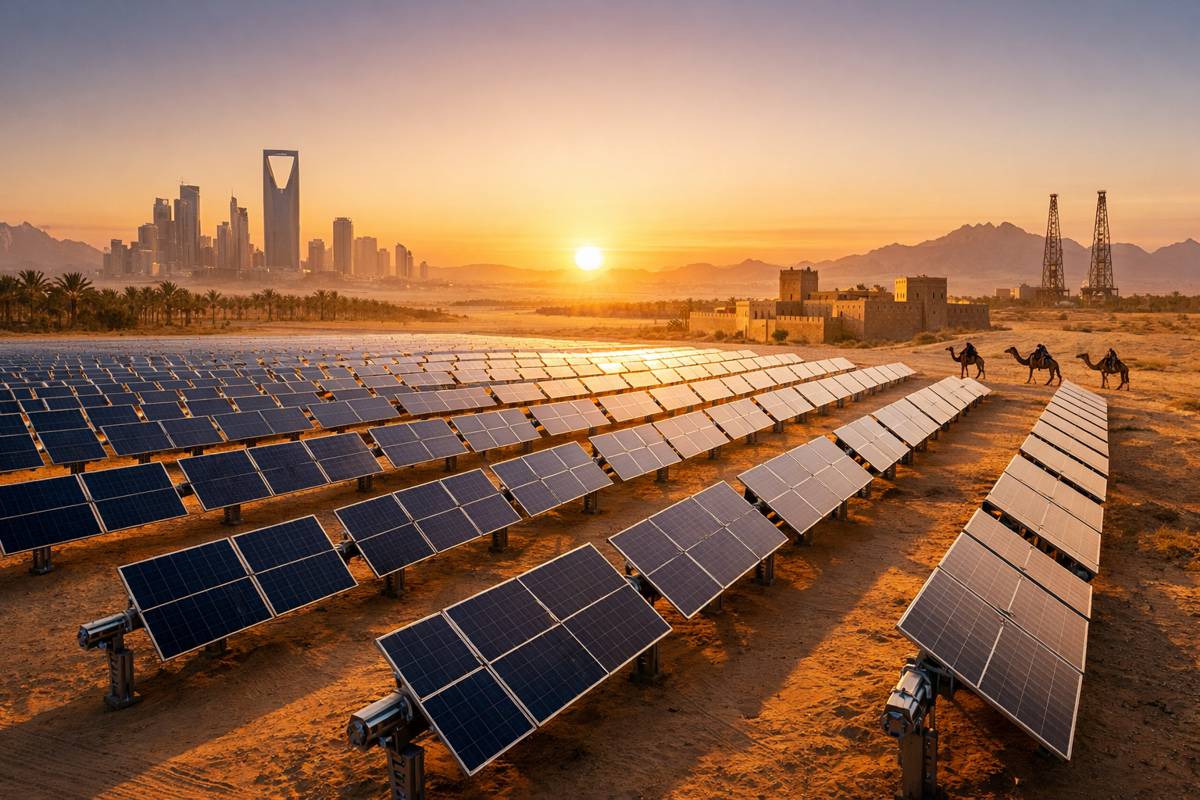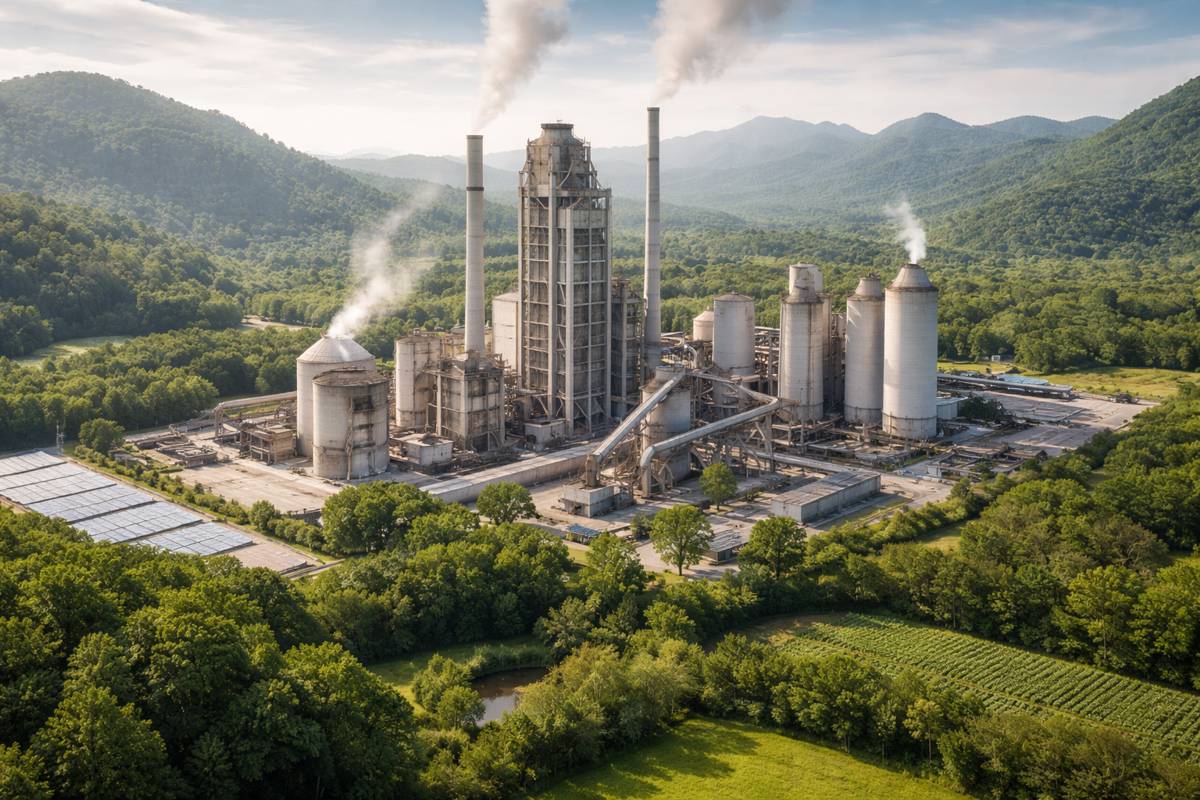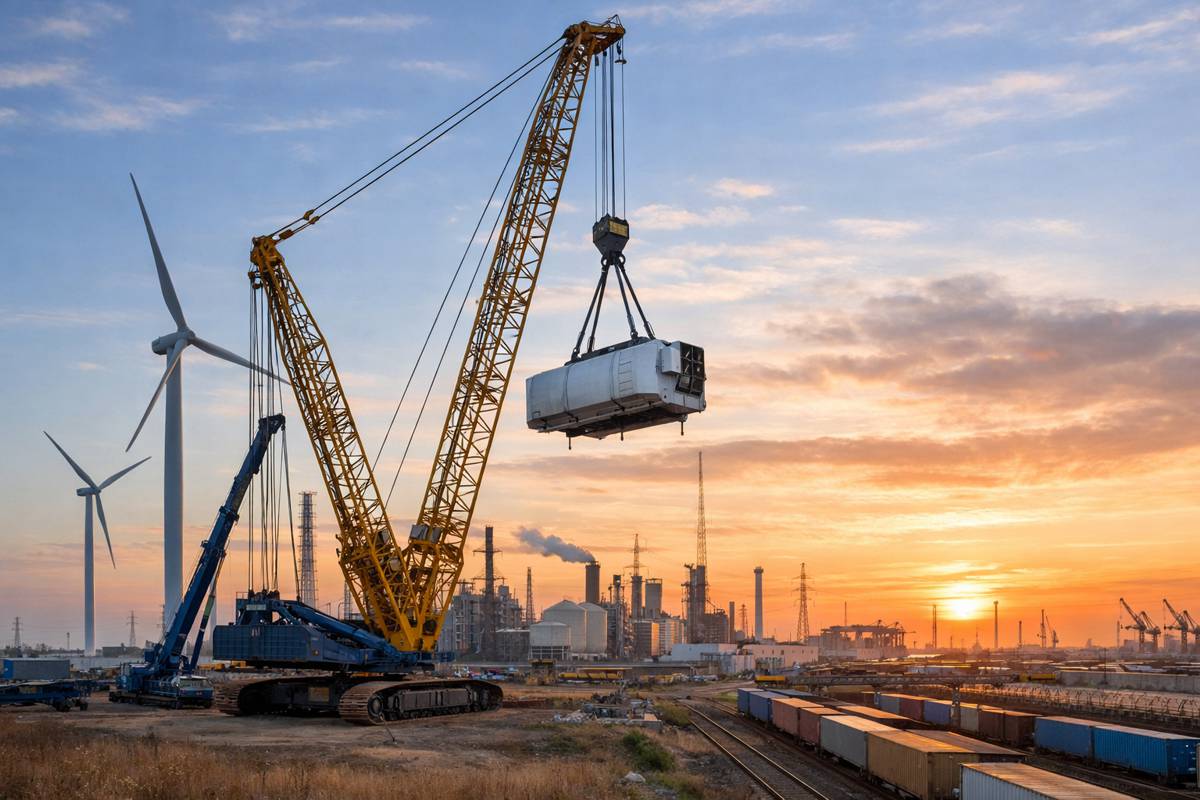Catalysts For Sustainable Growth In Emerging Markets
The International Finance Corporation has stepped into the spotlight once again, this time in São Paulo, where its leadership convened with partners and clients to confirm a wave of investments designed to accelerate sustainable development across emerging markets.
The scale of the commitment is notable. More than $750 million of project finance has already been mandated, approved, or pledged for sectors shaping the world’s climate and economic future. These include renewable energy, forestry, nature-based solutions, sustainable water management, climate resilience, agriculture, and responsible finance.
The collective effort reflects a shift in global development priorities. Private capital mobilisation has become the cornerstone of modern development strategies, not only supplementing public funds but often outpacing them. IFC’s latest actions reinforce its message that private sector engagement is essential for meeting the smart development goals outlined during the Belém implementation discussions. When combined with additional partner contributions, the investments announced in São Paulo are expected to catalyse more than $8 billion in wider economic activity.
This focus on scalable progress mirrors global efforts to strengthen climate adaptation, expand clean energy, and promote resilient infrastructure. The São Paulo gathering also underlined the importance of building frameworks that support new markets for sustainable finance and nature-positive initiatives.
Strengthening Agriculture And Bioenergy
Among the most significant elements of the investment package is a substantial tranche of debt earmarked for climate-resilient agriculture. Of the $600 million in debt arranged, one standout initiative is IFC’s $60 million loan to Jalles Machado, a respected Brazilian producer of organic sugar, ethanol, and bioenergy. The company has become a standard-bearer for innovation in the agricultural sector, particularly for its use of diversified sugarcane varieties.
IFC’s financing supports several strategic improvements across Jalles Machado’s operations at the Usina Santa Vitoria plantations. This includes adopting drought- and pest-resistant sugarcane seedlings that boost productivity in increasingly challenging environmental conditions. The loan also promotes soil restoration programmes, precision agriculture technologies, and smarter water management practices. These efforts aim to increase climate resilience, reduce operational impacts, and enhance long-term output.
IFC has maintained a longstanding relationship with Jalles Machado, having first partnered with the company in 2017. The current investment underscores a shared commitment to improving sustainable agricultural practices while supporting the broader shift towards low-carbon energy production.
The relevance of these agricultural investments is reinforced by broader global research, which highlights how climate-resilient crops and advanced irrigation systems can substantially reduce agricultural emissions while improving water efficiency. Modern sugarcane-to-bioenergy production, for example, provides a dual benefit of reducing fossil fuel dependency and encouraging land-use practices that support carbon sequestration.
Boosting Urban Mobility With Green Bonds
Urban mobility has become a defining challenge for cities worldwide. In Latin America, where urbanisation continues at pace, the need for efficient, low-carbon transport networks has never been more pressing. IFC’s commitment of $90 million as an anchor investor in a landmark green bond issued by the Municipality of Bogotá illustrates this point.
The $600 million equivalent local currency offshore bond, launched on 5 November 2025, marks the first time a Latin American city has issued a green bond of this nature. The proceeds will support a range of mobility initiatives, with Metro Line 2 serving as the flagship project. By investing in mass rapid transit, Bogotá is setting a precedent for other cities looking to reduce emissions, improve commuter safety, and curb congestion.
Green bonds have gained considerable traction globally over the last decade. They are now a central tool for financing infrastructure that contributes to environmental sustainability. IFC’s role as an anchor investor signals confidence in Bogotá’s long-term urban planning strategy while supporting the broader development of sustainable municipal finance in the region.
Research from climate finance institutions indicates that cities adopting such financial instruments often see significant multiplier effects, including improved investor confidence, stronger governance frameworks, and accelerated adoption of green public transport solutions.
Accelerating Natural Capital And Ecosystem Restoration
Another major component of IFC’s investment activity is the $170 million allocated to equity investments, focused primarily on nature-based solutions. A key example is the progress made by AXA IM Alts, which has now closed more than $560 million in its natural capital strategy. IFC contributed a $25 million equity investment, joining others such as DEG and Proparco.
The strategy tackles some of the world’s most persistent environmental risks. It supports businesses and projects aimed at addressing deforestation drivers, restoring ecosystems in degraded areas, and enhancing conservation outcomes. These initiatives are increasingly measured using high-integrity carbon credits that are paired with environmental and social co-benefits.
The approach aligns with global momentum behind natural capital investment. Governments and institutions have become more focused on the value of healthy ecosystems, which support biodiversity, prevent soil erosion, stabilise water cycles, and mitigate climate impacts. High-quality carbon credits have emerged as a promising tool for funding such restoration activities when verified under rigorous standards.
IFC’s participation also signals growing confidence in nature-based asset classes, which are attracting interest from institutional investors seeking both impact and long-term financial performance.
Building Resilience And Opportunity Across Emerging Markets
The São Paulo agreements highlight how private sector partnerships can shape long-term development. IFC and its partners are using market-driven solutions to help clients adapt to climate risks, manage emissions more effectively, and build more inclusive economic systems.
IFC’s role as part of the World Bank Group is central to this momentum. With activities spanning more than 100 countries, the institution continues to prioritise market creation, economic resilience, and responsible innovation. Its impact in fiscal year 2025 was substantial, with a record $71.7 billion committed to private companies and financial institutions.
The organisation states: “We work in more than 100 countries, using our capital, expertise, and influence to create markets and opportunities in developing countries.” Its mission is equally direct: “to create a world free of poverty on a liveable planet.”
These efforts are part of a broader global push toward sustainable development pathways that balance economic growth with climate responsibility. The investments announced in São Paulo not only reflect IFC’s ongoing strategic priorities but also highlight the changing expectations of the private sector. Companies, investors, and policymakers are increasingly aligned around the need for resilient infrastructure, sustainable land management, and diversified energy systems.
A Continued Path Toward Sustainable Progress
IFC’s latest investments demonstrate how targeted financing can help unlock new development opportunities. Whether advancing climate-smart agriculture, supporting nature restoration, or enabling low-carbon mobility, these initiatives illustrate the power of coordinated investment in shaping a more resilient future.
By engaging deeply with local partners and global investors, IFC is paving the way for new markets, stronger institutions, and shared prosperity across emerging economies.




















